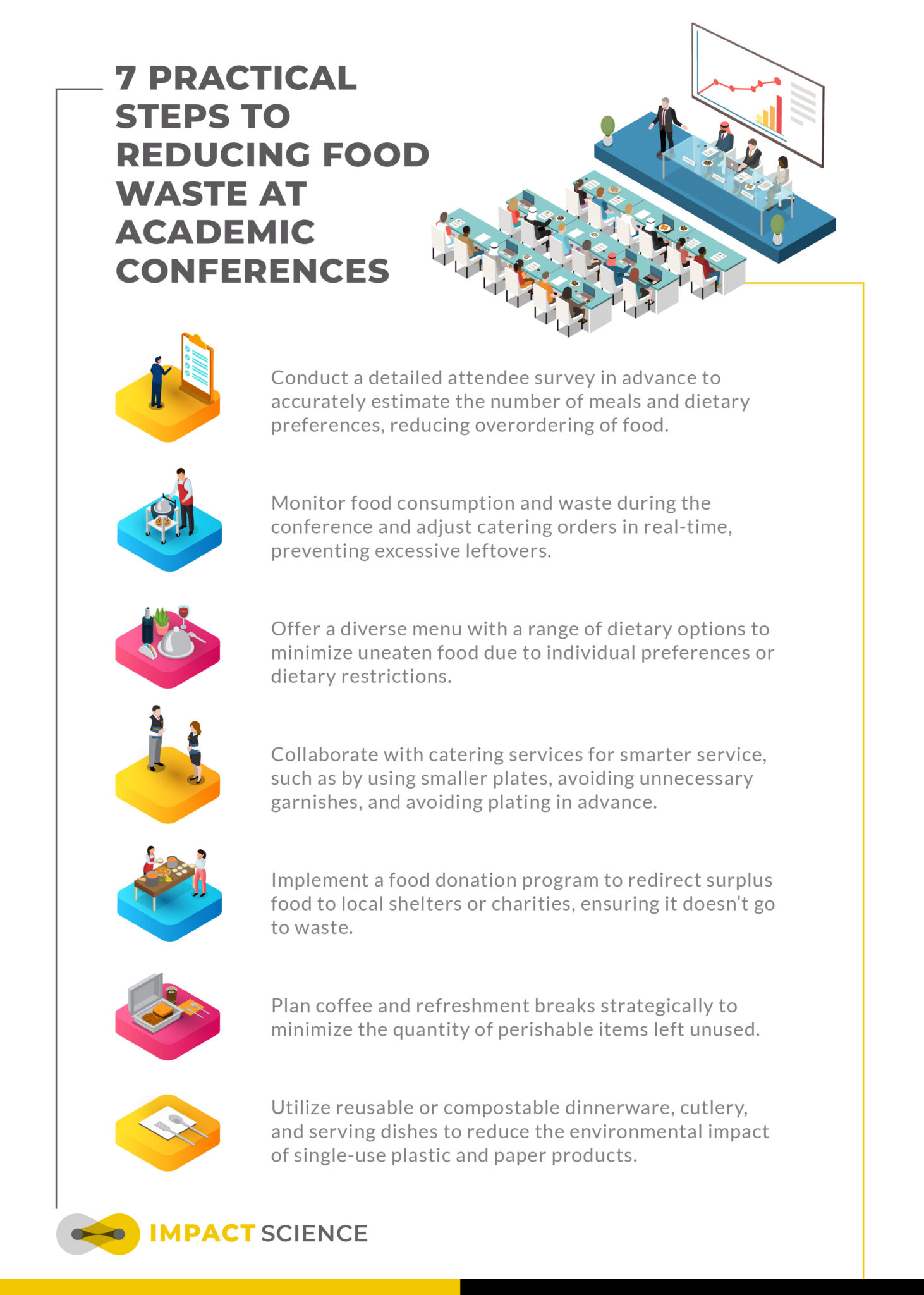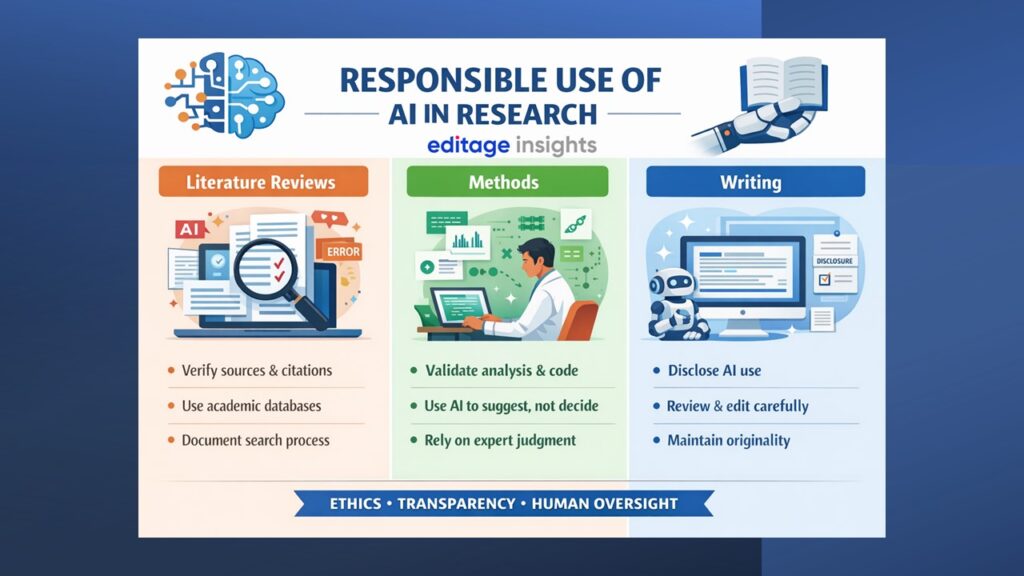7 Practical Steps to Reducing Food Waste at Academic Conferences

Food production and disposal contribute significantly to greenhouse gas emissions and environmental degradation. Food waste–the disposal of edible food that is still safe for consumption— exacerbates food insecurity while wasting valuable resources like water, energy, and labor used in production and distribution.
Academic societies need to proactively address the issue of food waste at their conferences for several compelling reasons. Food waste reduction aligns with broader sustainability goals, promotes responsible resource management, and reflects positively on the society’s values and mission.
Academic societies have a responsibility to demonstrate leadership in sustainability and responsible resource management. In an era when environmental concerns are at the forefront, taking steps to reduce food waste at conferences is a visible and impactful way to promote eco-conscious practices. It underscores the society’s commitment to minimizing the ecological footprint associated with academic gatherings.
Further, by minimizing food waste, societies can allocate financial resources more efficiently. Reducing the over-ordering of food, which often occurs at conferences, can translate to cost savings. These saved funds can be reinvested in other academic initiatives, scholarships, or research grants.
Moreover, academic societies set an example for their members and the broader academic community. By practicing food waste reduction, they encourage attendees to adopt sustainable behaviors in their personal and professional lives. This “ripple effect” can extend far beyond the conference and lead to greater awareness and action in tackling food waste.
Are you interested in how to reduce food waste but not sure where to begin? The infographic below contains 7 practical steps conference organizers can take to reduce food waste at their events.






